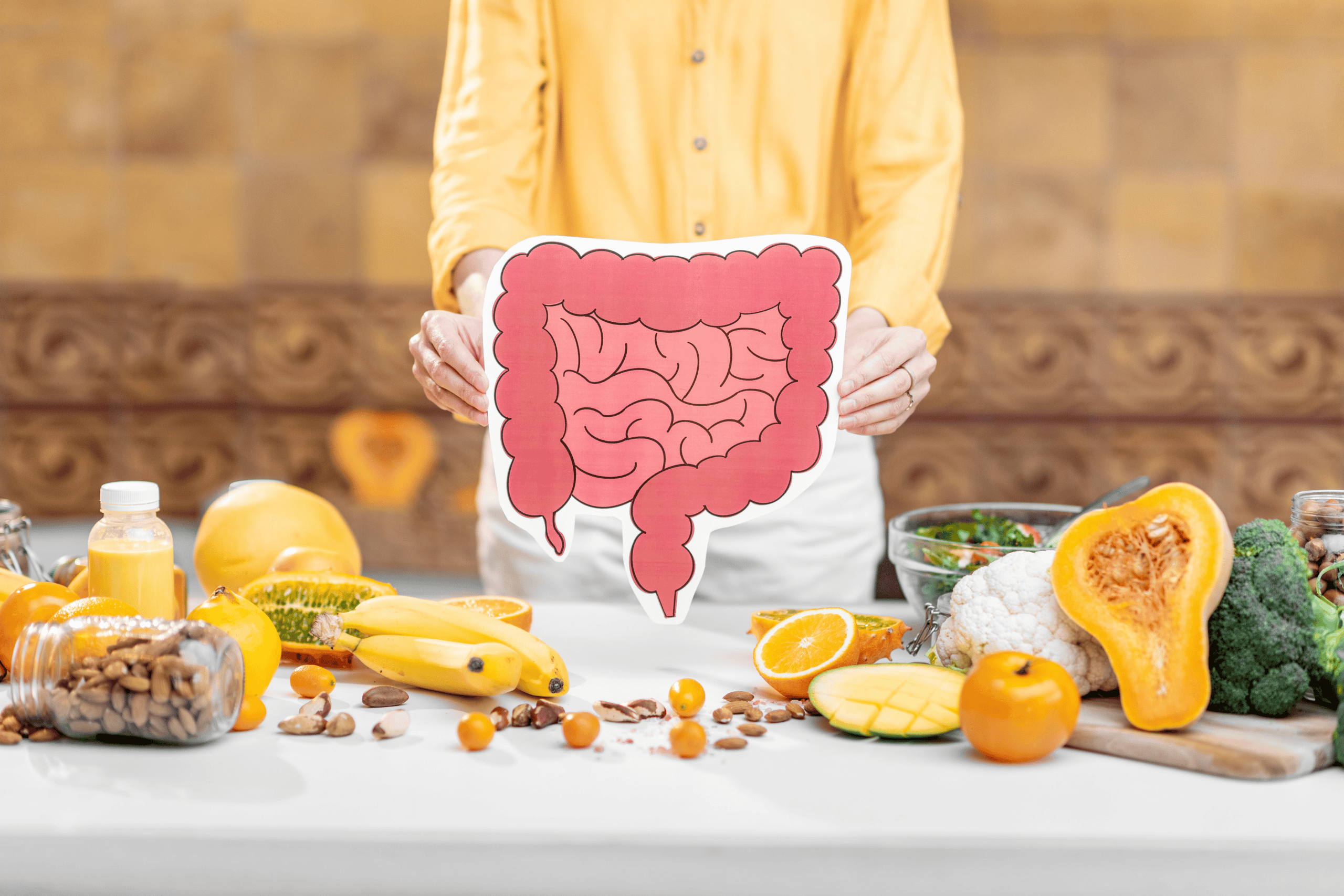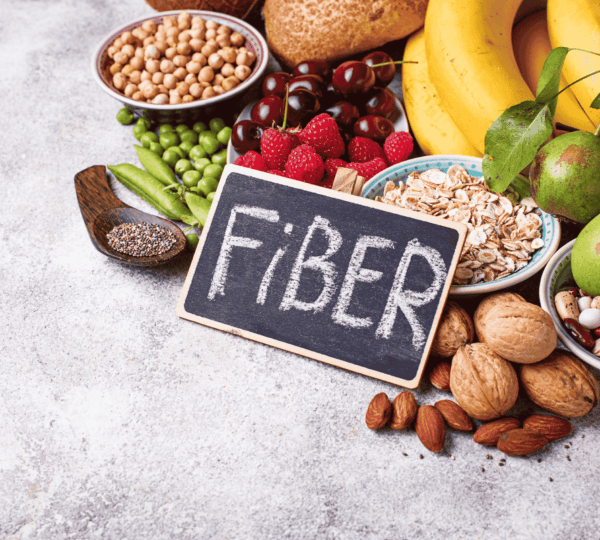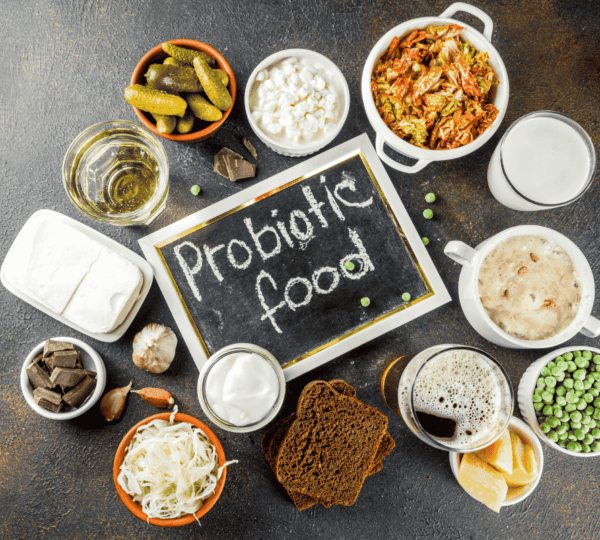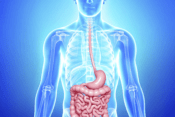
Natural Solutions for Digestive Issues: A Guide to Gut Health
- * Disclaimer
Explore with Oteria isn’t a medical journal. This guide is intended to provide general information about when to use home remedies, but it should not replace professional medical advice. Always consult a healthcare provider before trying any new treatment.
Imagine you’re at a dinner party. The food is delicious, and you’ve had the opportunity to eat to your fill, but after the meal, you start feeling the all-too-familiar discomfort in your stomach. You shift in your seat, trying to alleviate the bloating, gas, and unease that have crept in. Digestive issues like these are surprisingly common, affecting millions of people daily. According to the American Gastroenterological Association, nearly 40% of Americans experience frequent symptoms of indigestion, gas, or bloating. The good news is that natural solutions, from dietary adjustments to herbal remedies, can often provide relief.
This post will explore science-backed, expert-recommended natural solutions to help manage and alleviate digestive discomfort.
* Disclaimer
Explore with Oteria isn’t a medical journal. This guide is intended to provide general information about natural solutions for digestive issues, but it should not replace professional medical advice. Always consult a healthcare provider before trying any new treatment.
Understanding Digestive Issues
Digestive issues can manifest in various forms, including bloating, gas, indigestion, constipation, and acid reflux. These issues often stem from lifestyle factors like diet, stress, and lack of physical activity. Common causes include:
-
-
- Poor Diet: Diets high in processed foods, refined sugars, and unhealthy fats can disrupt gut health.
- Stress: Chronic stress affects digestion by altering gut motility and increasing inflammation.
- Antibiotic Use: Frequent use of antibiotics can disrupt the balance of beneficial bacteria in the gut, leading to digestive discomfort.
- Lack of Fiber: A low-fiber diet can slow digestion and lead to constipation.
-
Natural remedies can help by addressing these root causes, restoring gut balance, and supporting digestive health.
1. Increase Fiber Intake
Dietary fiber plays a crucial role in promoting regular bowel movements and reducing constipation. There are two types of fiber to consider:
-
-
- Soluble Fiber: Found in oats, fruits, and vegetables, this type of fiber absorbs water and helps form a gel-like substance in the gut, slowing digestion and promoting a feeling of fullness.
- Insoluble Fiber: Found in whole grains and the skins of fruits and vegetables, it adds bulk to stools, helping them pass more easily through the digestive tract.
-
A study published in the World Journal of Gastroenterology found that individuals who increased their fiber intake experienced a 42% improvement in digestive symptoms, including reduced bloating and constipation. For optimal results, the American Heart Association recommends consuming 25-30 grams of fiber per day.
Tip: Gradually increase fiber intake and drink plenty of water to prevent gas and bloating.
2. Stay Hydrated
Hydration is essential for digestion. Water helps dissolve nutrients and fiber, making it easier for your body to process food and maintain regular bowel movements. Dehydration can lead to constipation and worsen symptoms of indigestion.
Expert Insight: Dr. Michael F. Picco, a gastroenterologist with Mayo Clinic, emphasizes, “Many people overlook hydration as a key component of digestive health. Water is essential for every function in our digestive system, and even mild dehydration can slow digestion.”
3. Probiotics: Beneficial Bacteria for Gut Health
Probiotics, or “good bacteria,” are live microorganisms that support gut health by balancing the microbiome. Research shows they can help alleviate symptoms of IBS, reduce bloating, and improve overall digestion.
-
-
- Probiotic-Rich Foods: Yogurt, kefir, sauerkraut, and kimchi are excellent sources of probiotics.
- Probiotic Supplements: Look for supplements containing Lactobacillus and Bifidobacterium strains, which are well-researched for digestive health.
-
A study in Gastroenterology Research and Practice found that individuals with IBS who took probiotics experienced significant improvements in symptoms, particularly in reducing bloating and gas.
Tip: Start with a small dose and monitor your body’s response, as some people may experience minor discomfort when introducing probiotics.
4. Incorporate Digestive Enzymes
Digestive enzymes are natural substances that help break down food into nutrients. They’re particularly beneficial for individuals who experience gas and bloating after meals. Common enzymes include:
-
-
- Protease: Breaks down proteins
- Lipase: Breaks down fats
- Amylase: Breaks down carbohydrates
-
Research Spotlight: A study published in the Journal of Digestive Diseases indicated that people with functional dyspepsia (indigestion) benefited from enzyme supplements, reporting reductions in bloating, gas, and overall digestive discomfort.
Tip: Digestive enzymes are available over the counter. Choose a full-spectrum enzyme supplement if you experience multiple symptoms after eating.
5. Manage Stress with Mindfulness Practices
Chronic stress can disrupt the gut-brain connection, leading to digestive issues. Techniques like mindfulness meditation, yoga, and deep breathing exercises can help reduce stress and improve digestion.
Expert Insight: Dr. Emeran Mayer, author of The Mind-Gut Connection, explains, “Stress and anxiety can alter gut function through the gut-brain axis, affecting digestion and exacerbating symptoms like bloating and indigestion. Learning to manage stress can have a positive impact on digestive health.”
Research Note: Studies show that individuals who practice mindfulness meditation have lower levels of cortisol, the stress hormone linked to digestive issues.
Tip: Set aside at least 10-15 minutes each day for stress-relief practices, especially before meals, to calm your system and support better digestion.
6. Herbal Remedies for Digestive Relief
Herbs have been used for centuries to aid digestion. Here are a few backed by research:
-
-
- Ginger: Known for its anti-inflammatory properties, ginger can reduce nausea, speed up digestion, and alleviate bloating. According to a study in European Journal of Gastroenterology & Hepatology, ginger can accelerate gastric emptying, making it particularly helpful for people with indigestion.
- Peppermint Oil: Commonly used to relieve symptoms of IBS, peppermint oil helps relax the muscles of the GI tract, reducing spasms and discomfort.
- Chamomile Tea: Chamomile has antispasmodic properties that can relieve bloating and gas. A review in Phytotherapy Research highlighted its potential to reduce symptoms in people with mild digestive issues.
-
Tip: Ginger can be consumed as tea, or you can add it to your meals. If using peppermint oil, be sure to choose enteric-coated capsules to prevent heartburn.
7. Eat Smaller, Frequent Meals
Eating large meals can overburden your digestive system, leading to bloating and indigestion. Instead, consider smaller, more frequent meals, which can ease digestion and maintain steady energy levels throughout the day.
Research Insight: A study published in Appetite found that people who ate smaller, more frequent meals experienced less bloating and discomfort compared to those who ate three larger meals a day.
Tip: Aim for 5-6 smaller meals or snacks daily, focusing on whole, unprocessed foods for the best results.
8. Limit Processed Foods and Sugars
Processed foods are often high in sugar, artificial ingredients, and unhealthy fats, which can disrupt the gut microbiome and slow digestion. Reducing processed foods can improve digestive function and reduce symptoms like gas and bloating.
Expert Advice: Registered dietitian and nutritionist Dr. Lisa Young notes, “Processed foods can wreak havoc on your gut. They feed harmful bacteria, causing an imbalance that may result in digestive issues. Sticking to whole, nutrient-dense foods can help restore gut health.”
9. Prioritize Sleep and Exercise
Poor sleep and sedentary habits can slow down digestion. Regular exercise stimulates intestinal muscles, promoting regular bowel movements, while good sleep supports gut repair and overall function.
Research Note: A study published in Sleep Medicine found that people with irregular sleep patterns are at a higher risk of digestive disorders, underscoring the importance of consistent, quality rest.
Tip: Aim for at least 30 minutes of physical activity most days and a consistent sleep schedule to support digestive health.
Conclusion
Natural solutions for digestive issues provide effective, sustainable relief without the side effects associated with medications. By focusing on dietary choices, stress management, and lifestyle habits, you can support your gut health and prevent future digestive discomfort. Remember, though, that everyone’s body responds differently to changes, so experiment to find what works best for you.
If you’re experiencing persistent or severe digestive issues, consult a healthcare professional for guidance.
- References:
- World Journal of Gastroenterology: Fiber intake and digestive health
- Gastroenterology Research and Practice: Probiotics for IBS symptoms
- Journal of Digestive Diseases: Benefits of digestive enzymes
- European Journal of Gastroenterology & Hepatology: Ginger and gastric emptying
- Phytotherapy Research: Chamomile and digestive relief
- Appetite: Meal frequency and digestive comfort
- Sleep Medicine: Impact of sleep on digestive health













